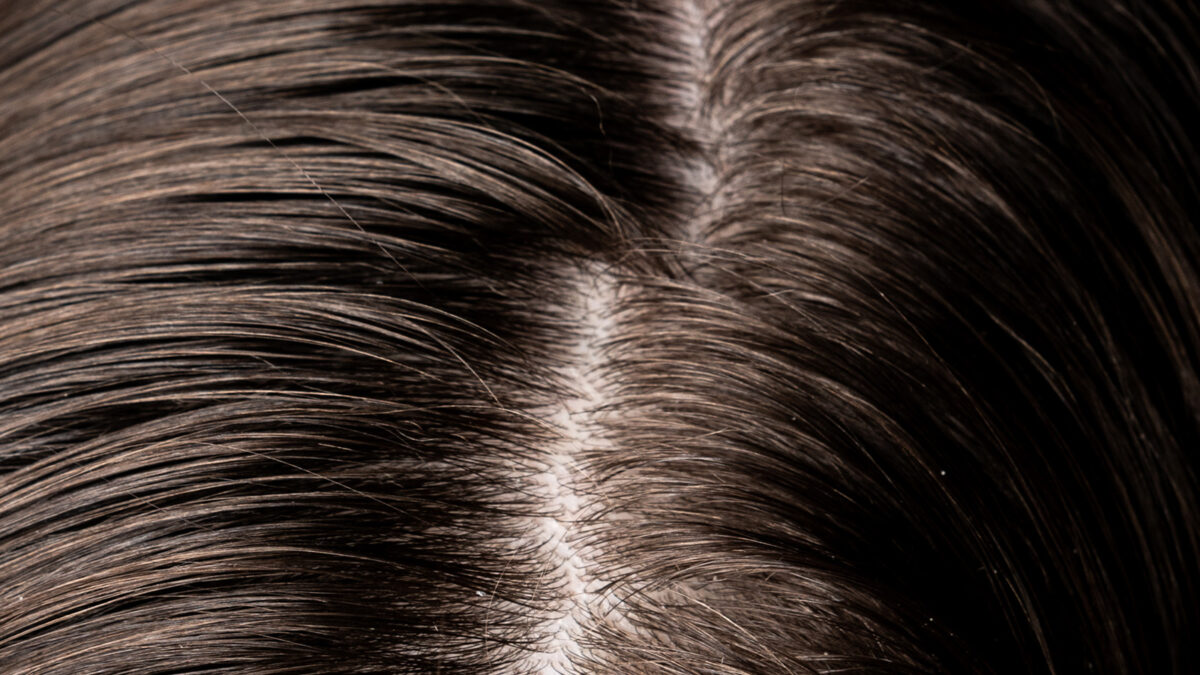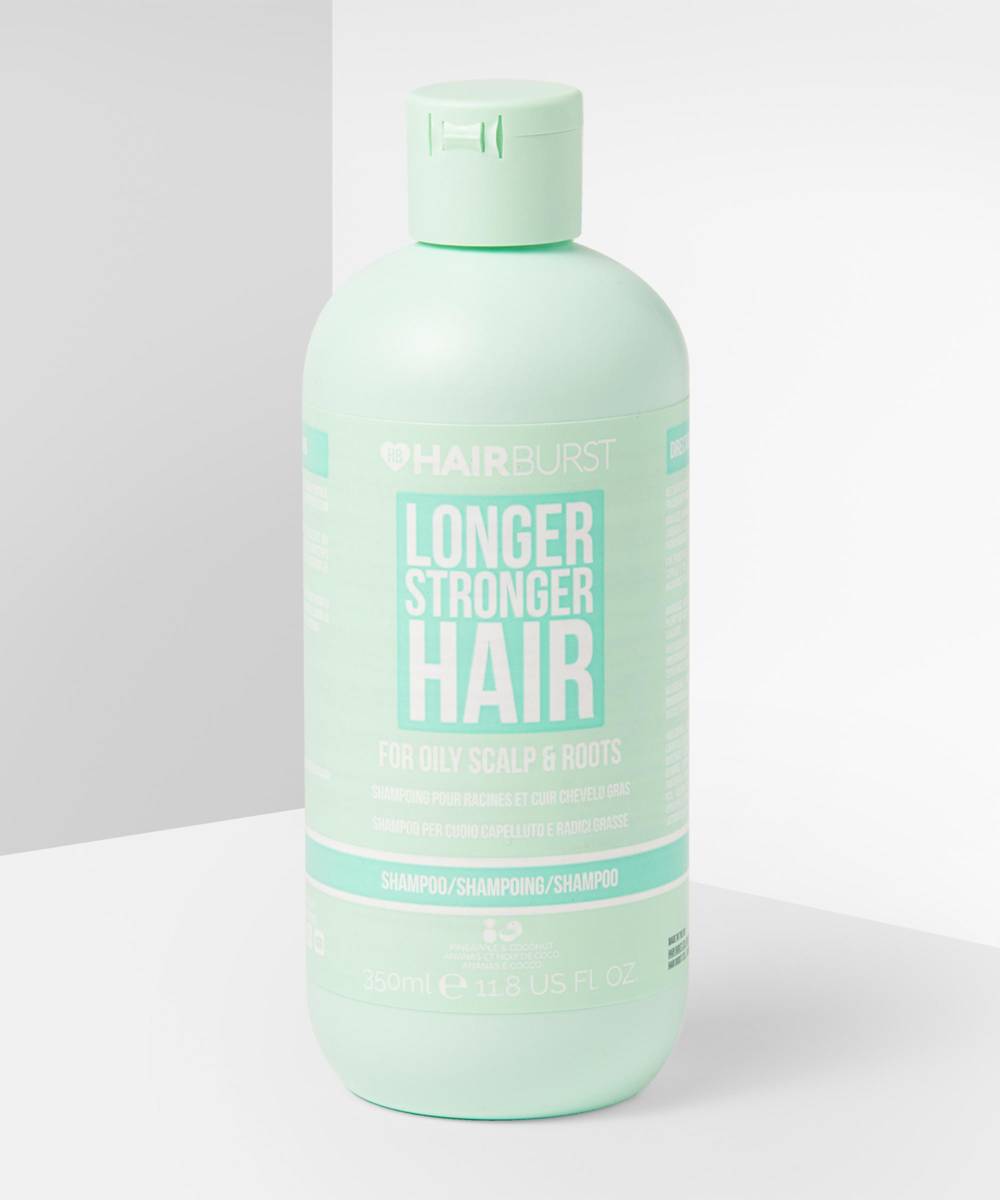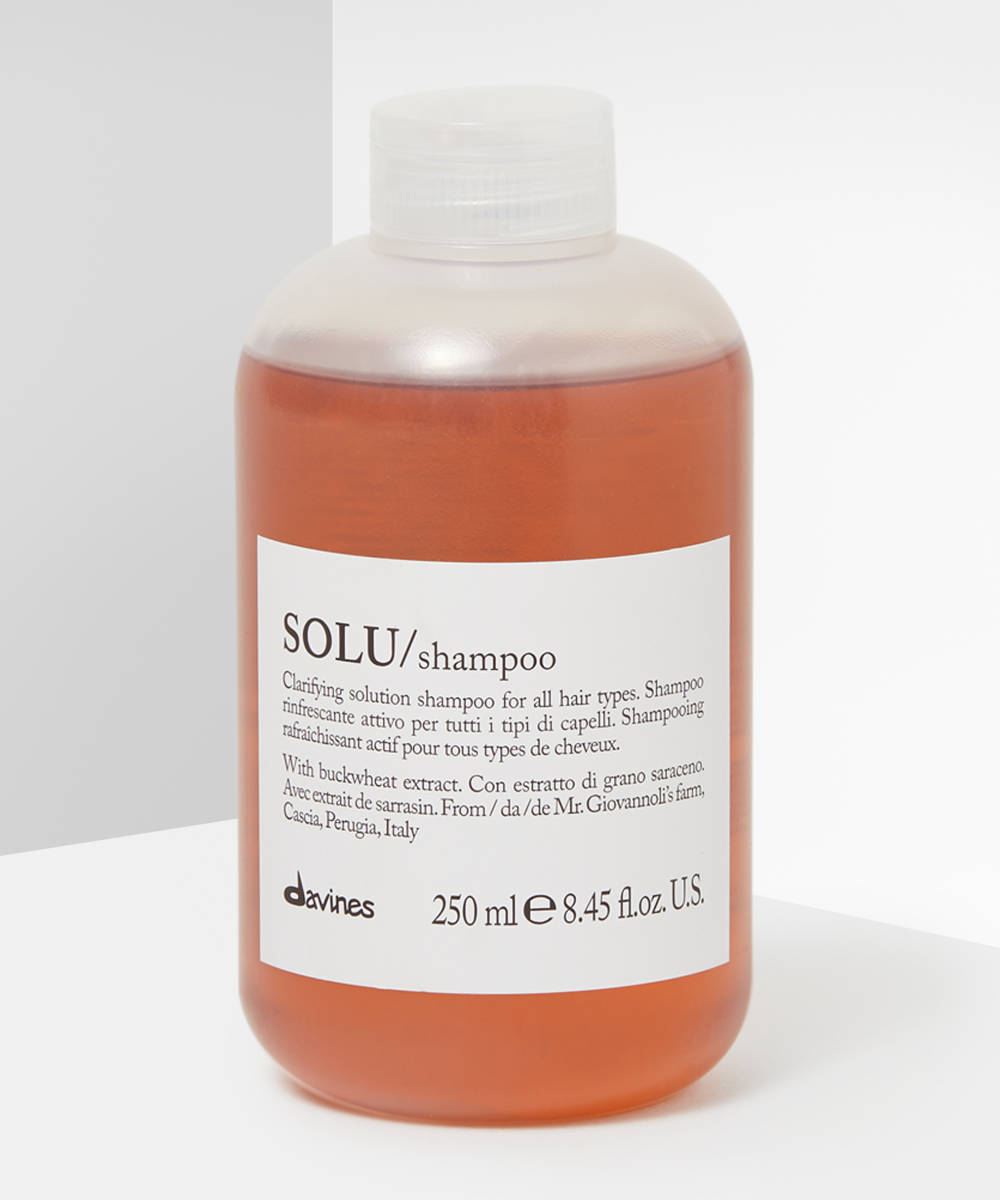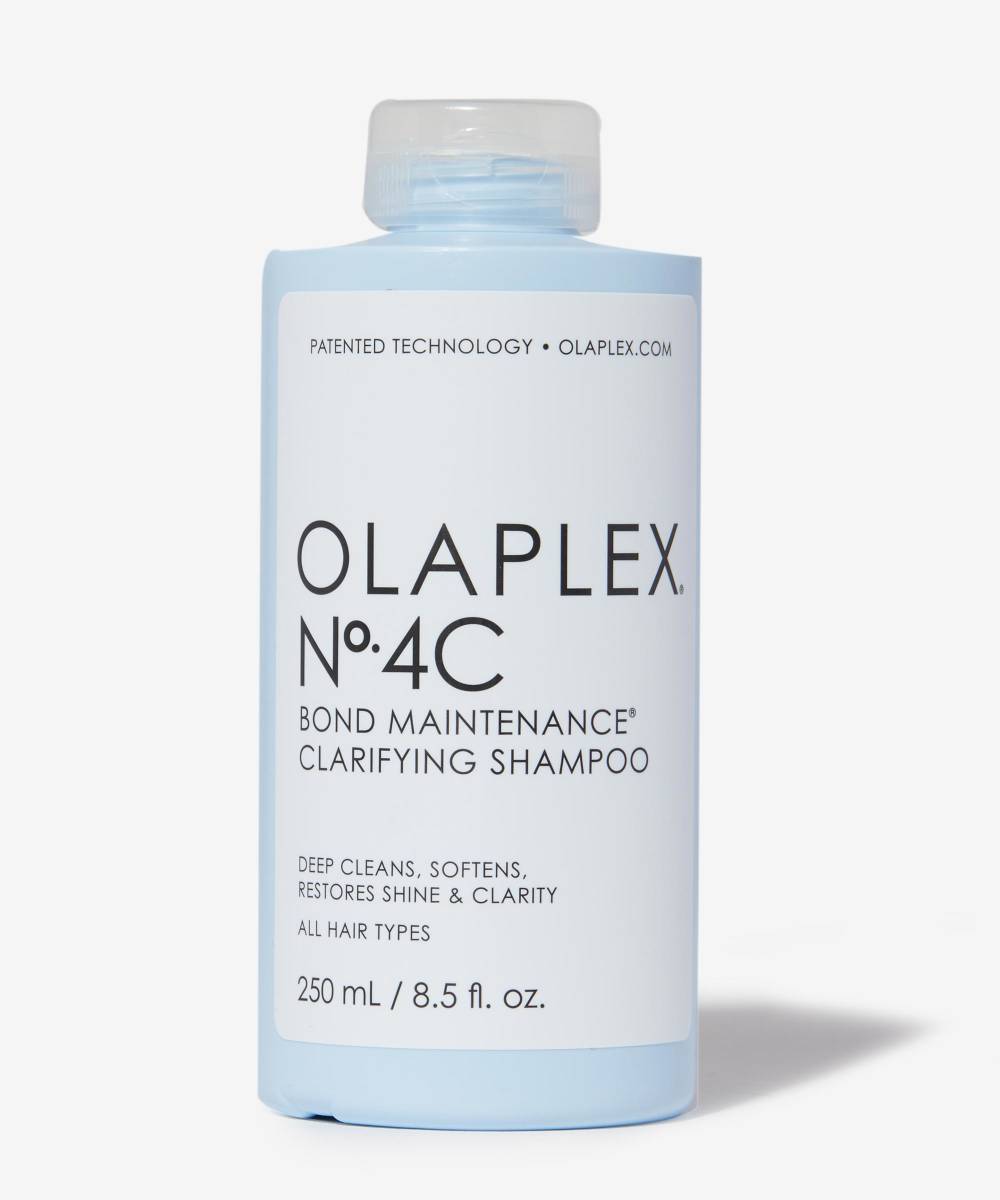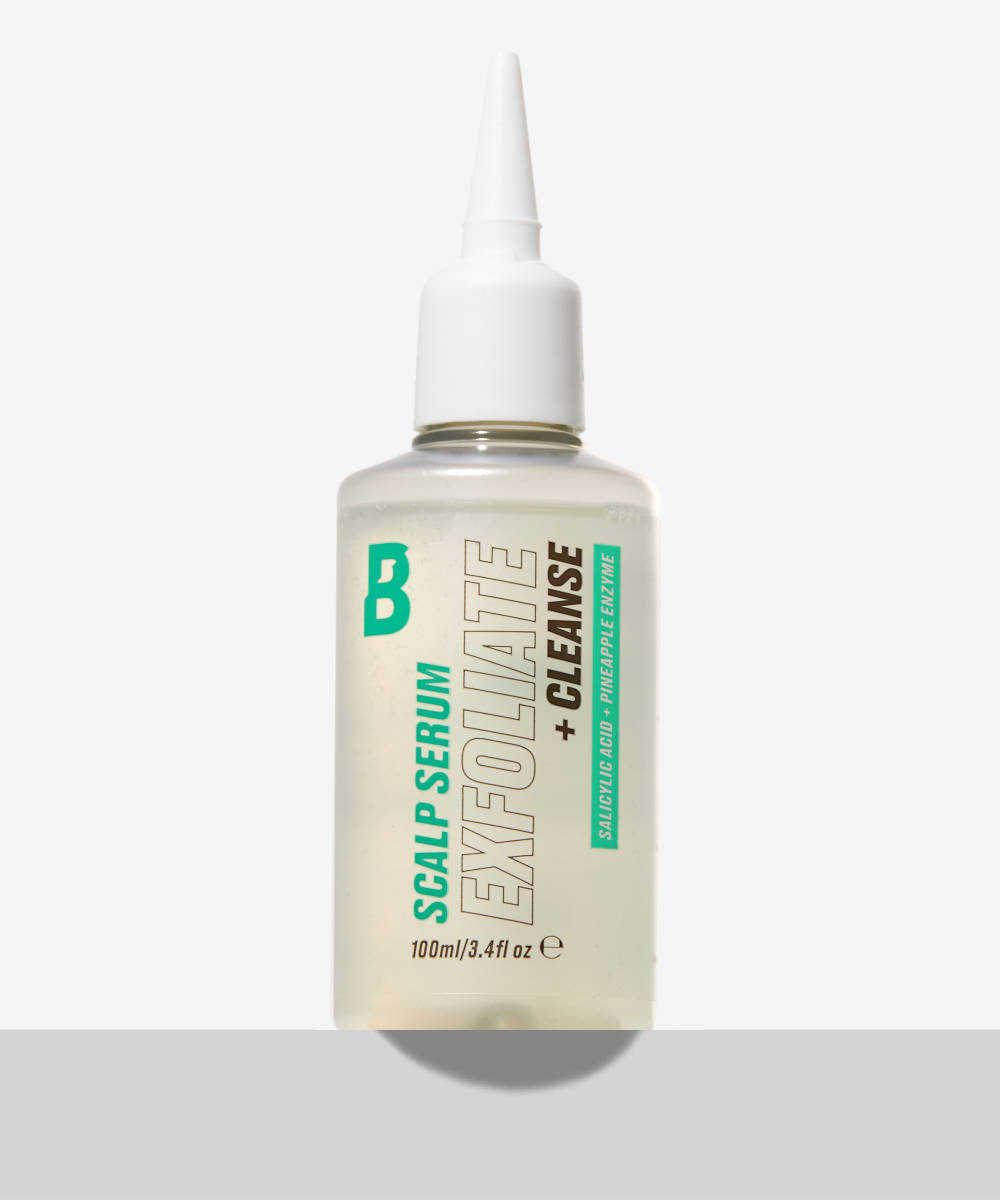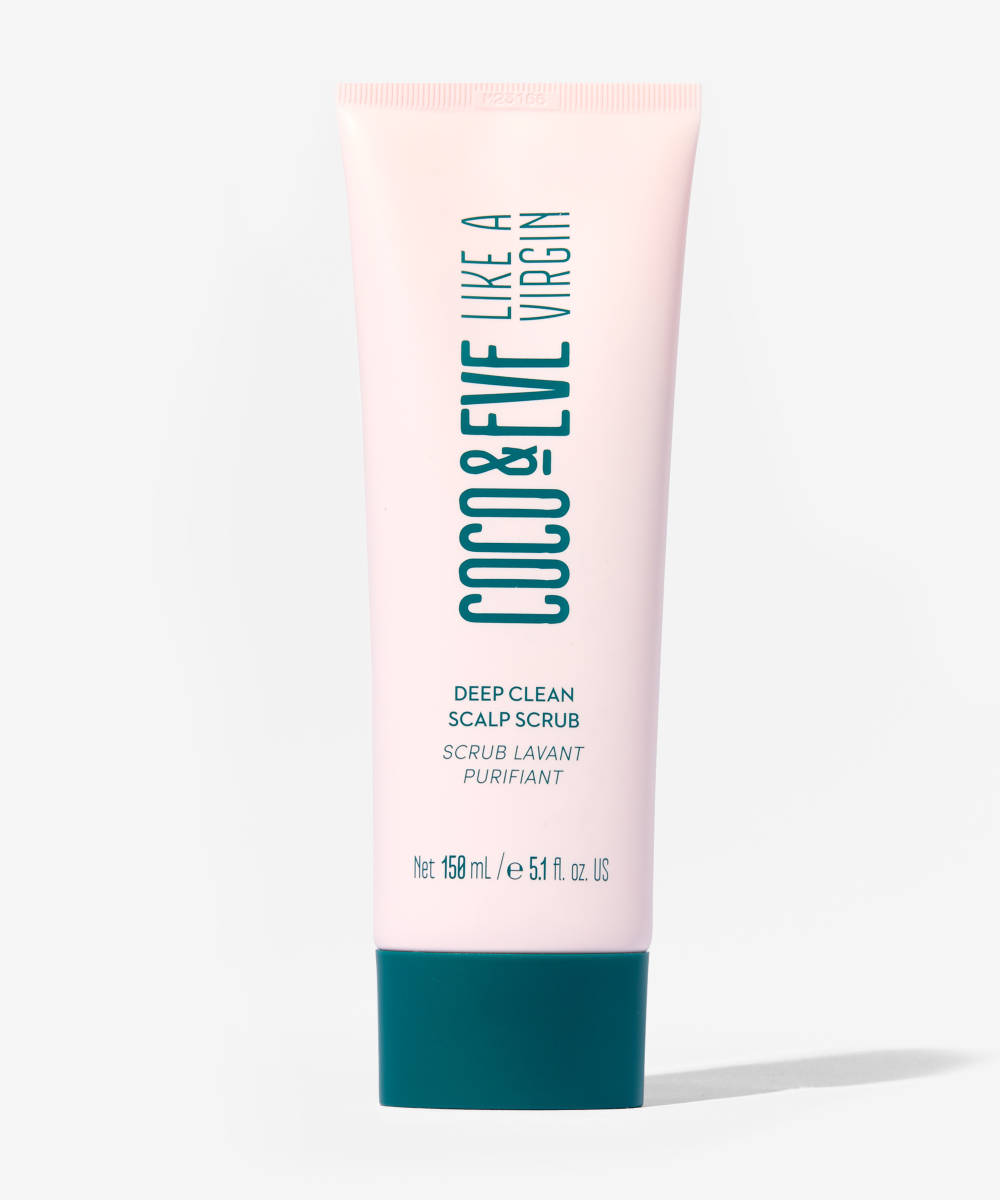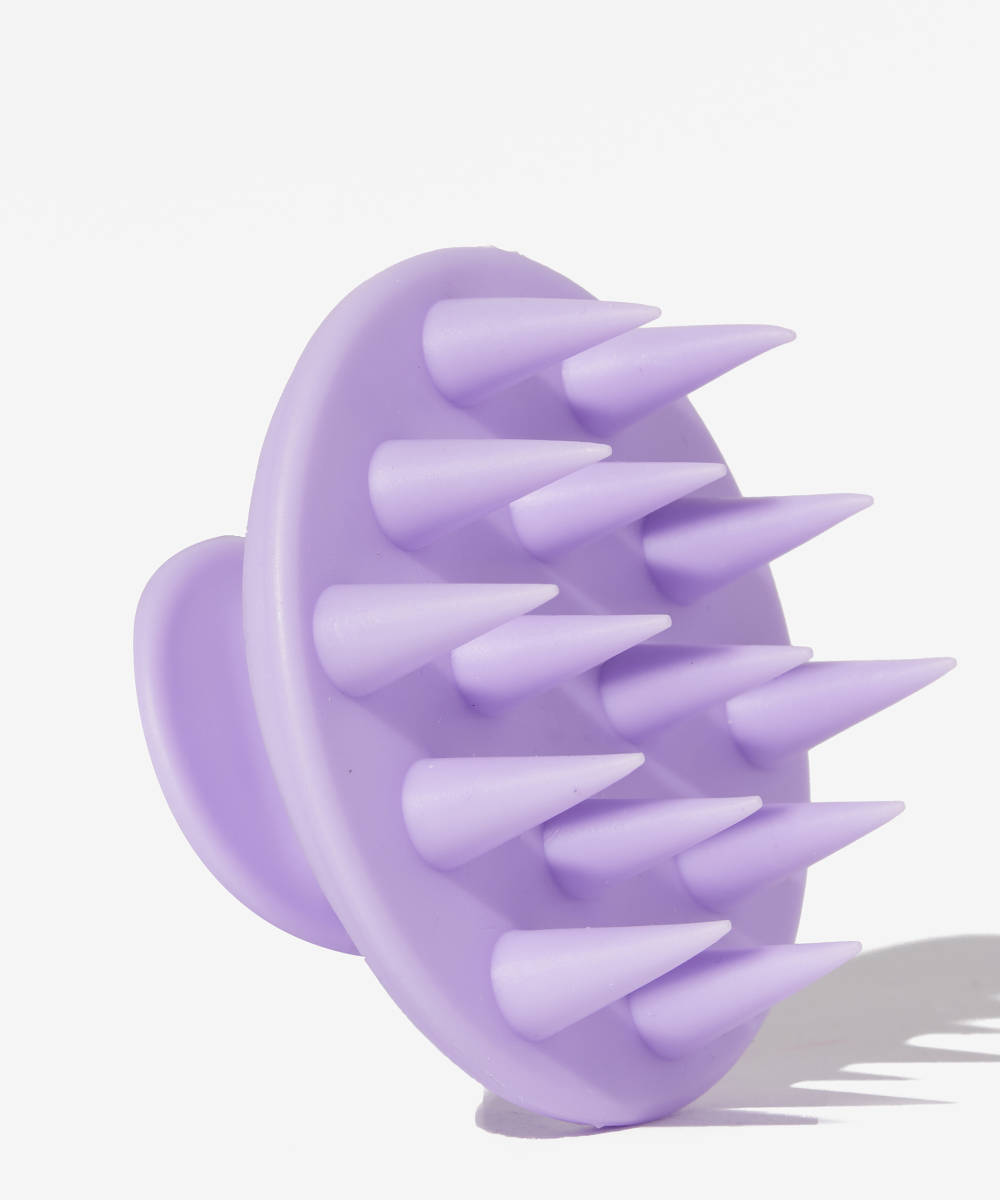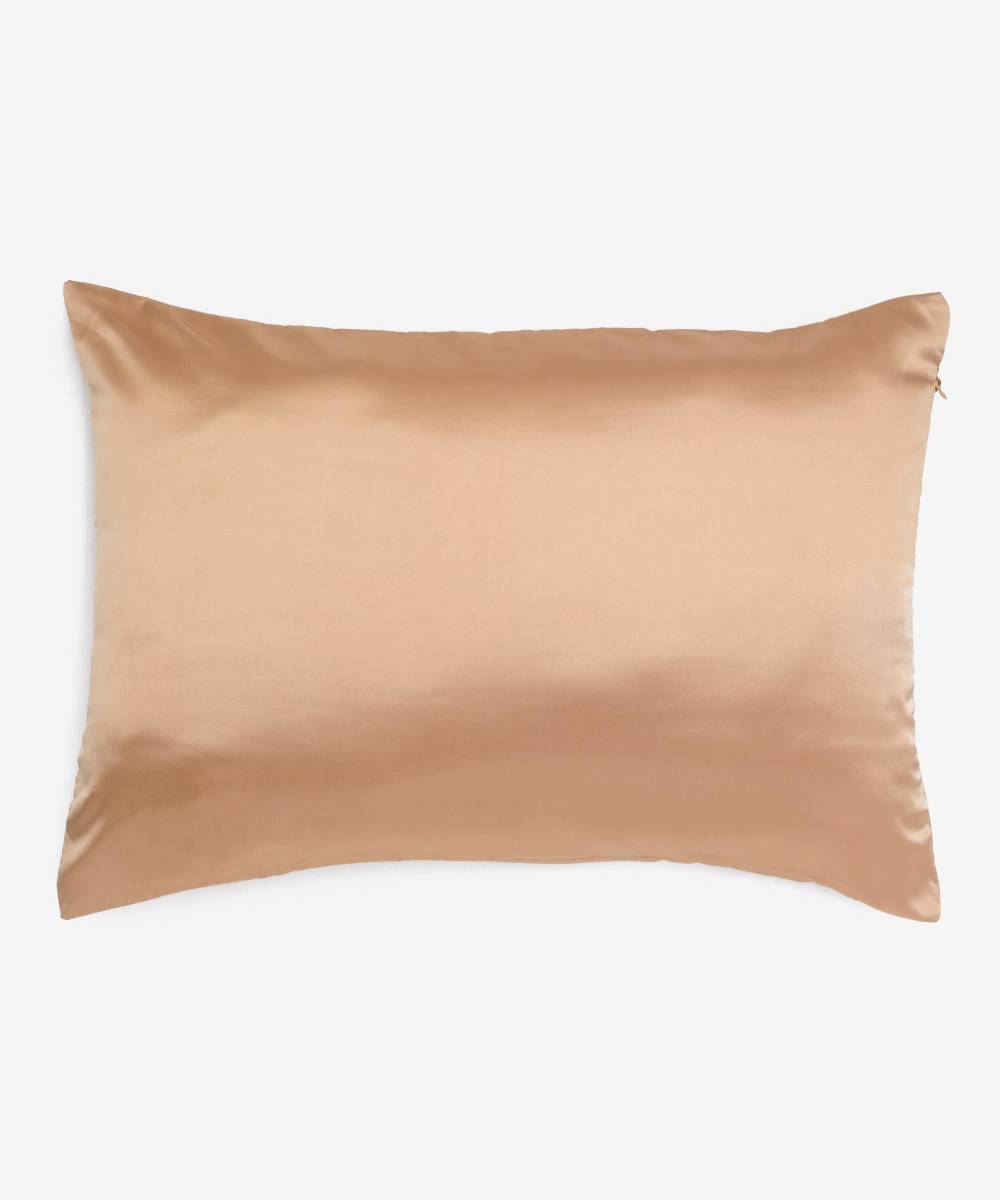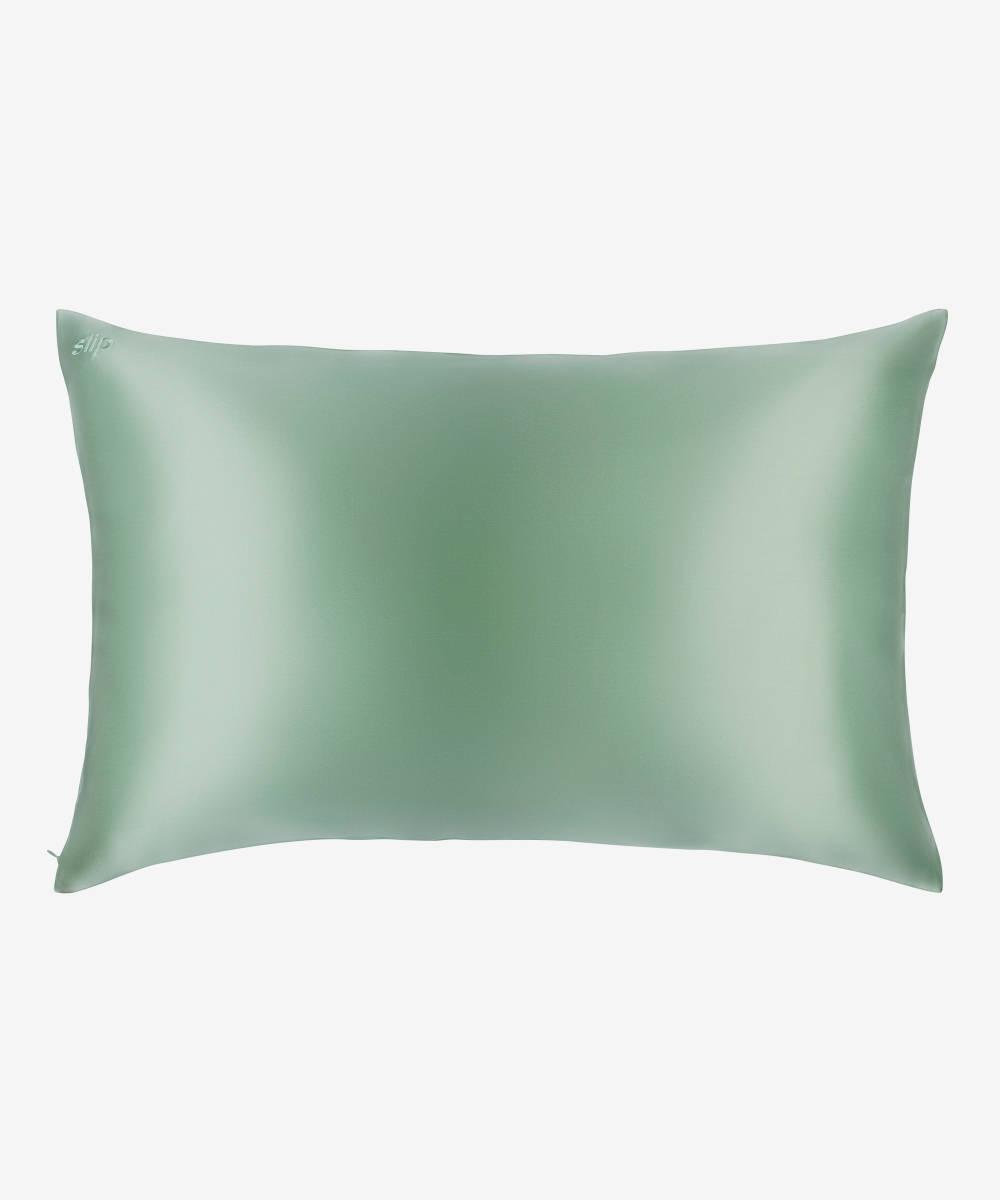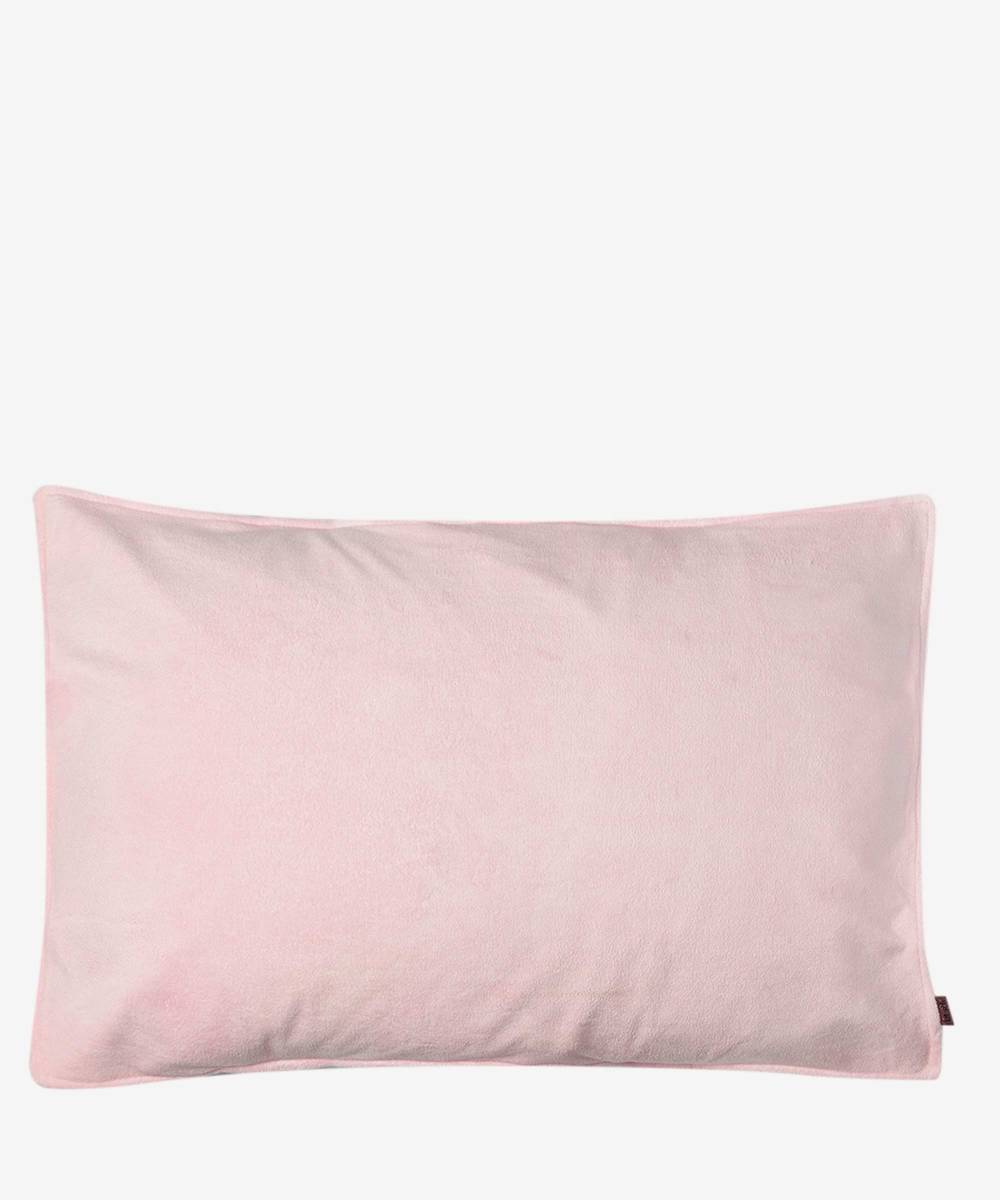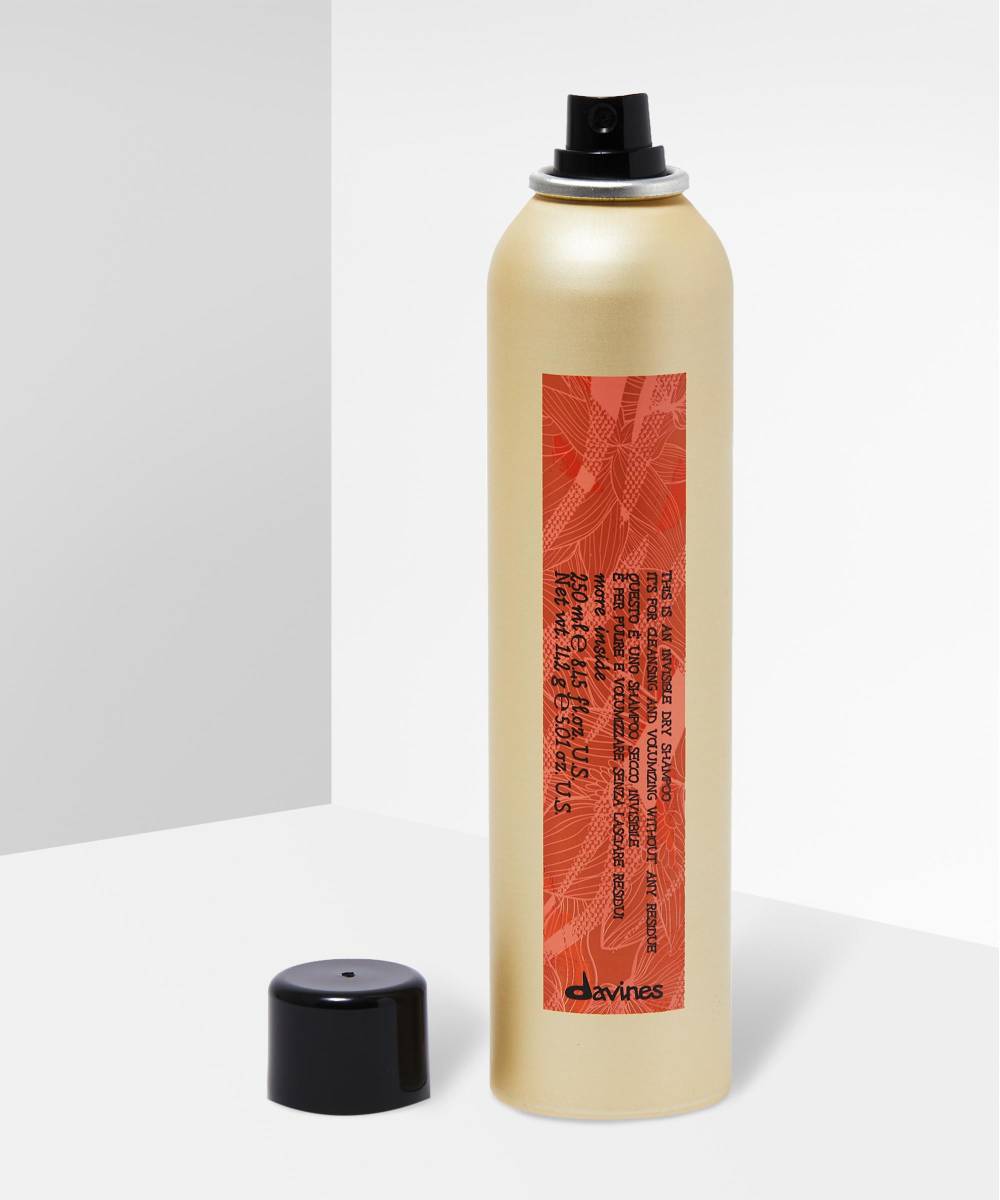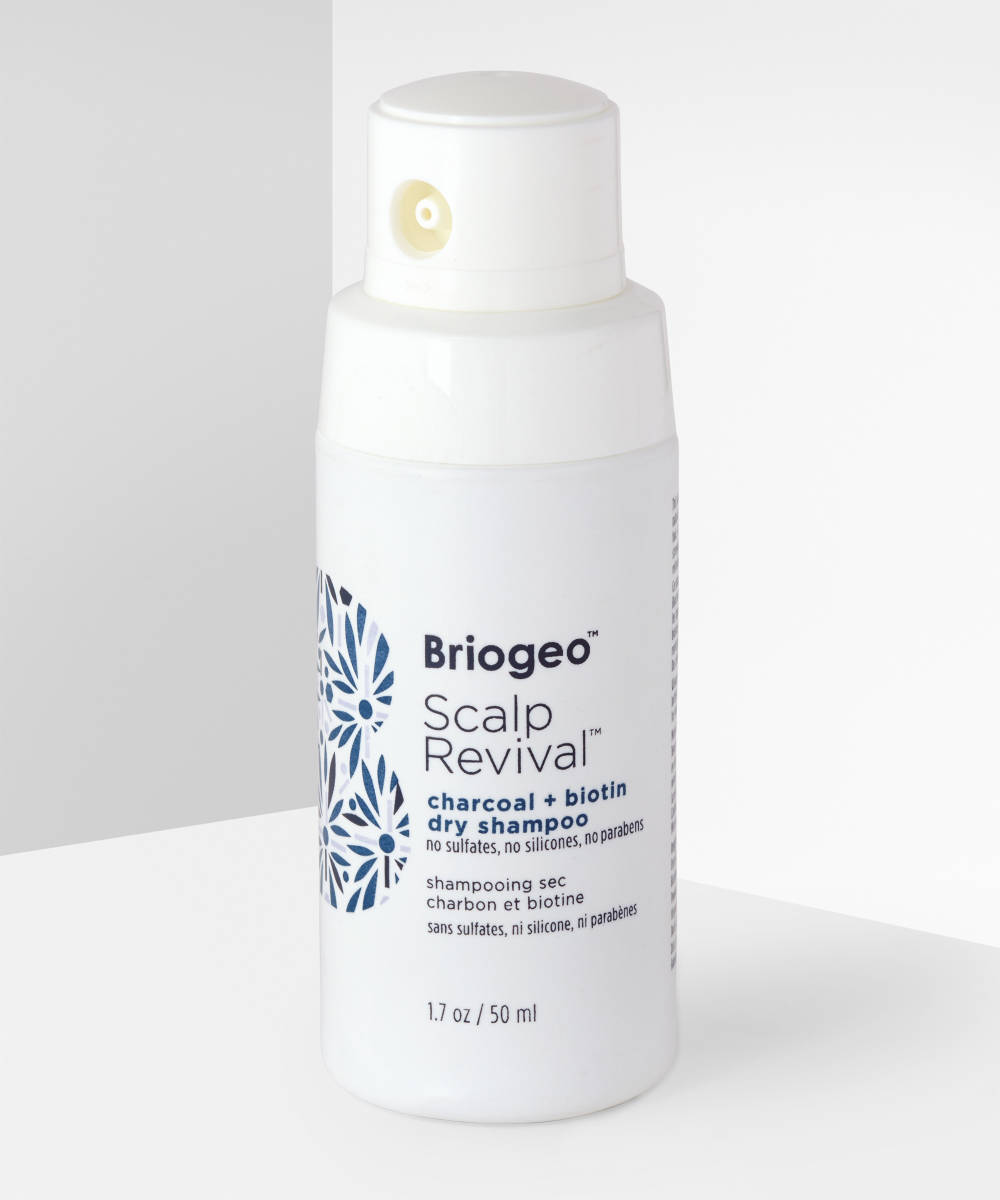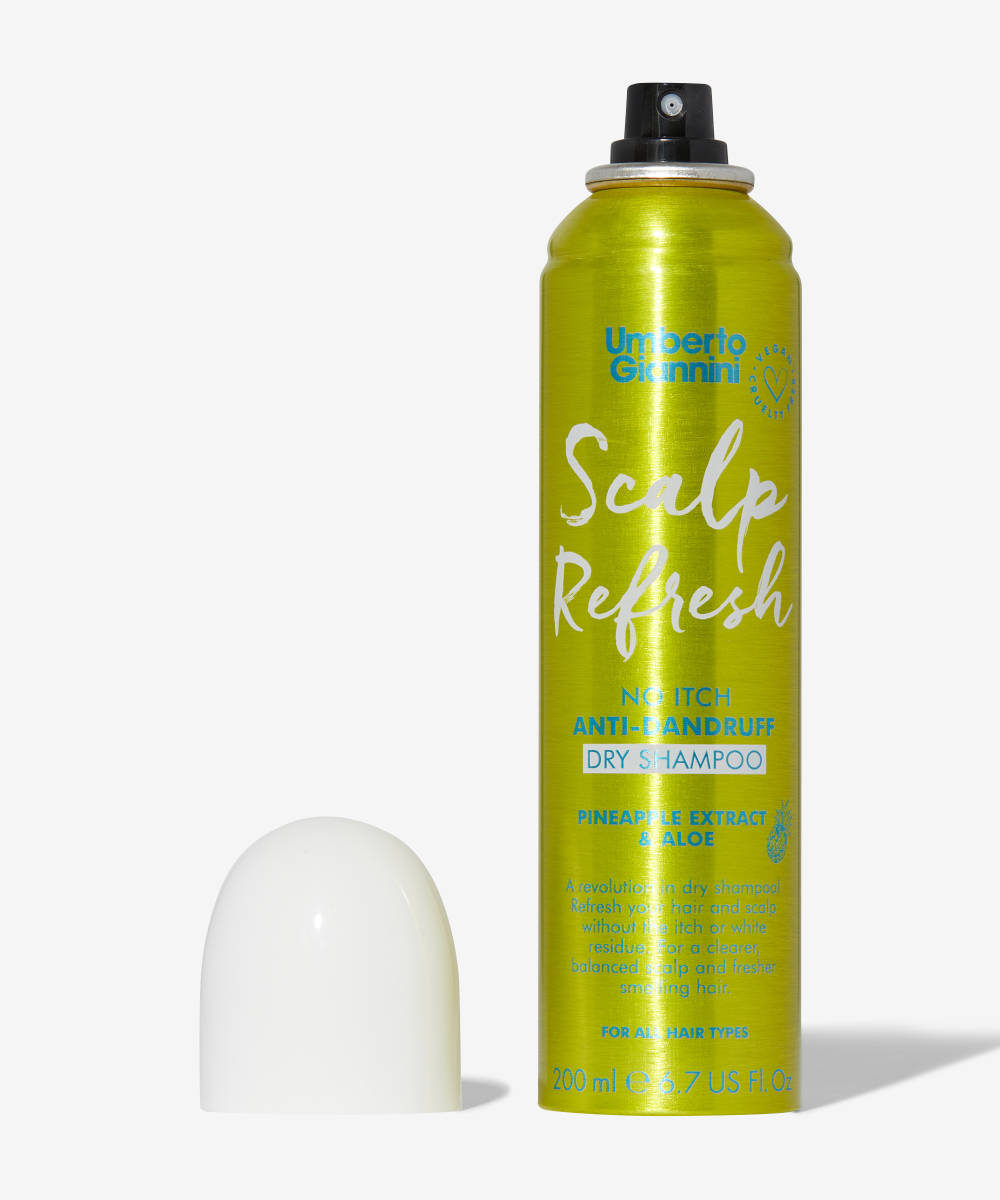Oily haired people will know that the only thing worse than washing your hair, is waking up the morning after to find that it’s already greasy again. It can be incredibly frustrating (and time consuming) to combat perpetually oily roots. That’s why we’re here with some tips and tricks to help.
Our hair gets greasy when the scalp has a build-up of naturally produced sebum (an oily substance) caused by your sebaceous glands. This, in turn, makes your roots look oily and, well, not-so-fresh.
Now, sebum isn’t a bad thing. In fact, these natural oils are imperative for hair health; keeping your scalp moisturised, supporting hair growth, and protecting from external factors. The frustration arises when your sebaceous glands are overproducing sebum, making your scalp feel oily and your hair feel heavy just hours after washing it.
Read on to find out the seven key things (including pillowcase care, a dry shampoo hack and hair washing techniques) you can do to help stop your hair from getting greasy overnight.
1. Identify your hair type
Before switching up your routine, it’s helpful to determine your hair type because some are more prone to greasiness than others. If you have fine hair, you’re more likely to experience oily roots because there simply isn’t as much hair to absorb the excess sebum (oils) than there is with thicker, coarser hair. And, whilst it’s not an exact science, typically experts say that those with an oily skin type are more likely to experience oilier hair.
2. Use a shampoo specifically designed for oily roots
Yep, the shampoo you use does matter! Although you don’t want to dry out your hair, when you have oily roots, you do want to be careful not to overload it with conditioning agents as this can make matters worse. Look for a shampoo specifically designed for oily roots (you might see words like ‘purifying’ or ‘clarifying’ to indicate this). Once you’ve found the perfect shampoo for you, as tempting as it can be, try not to wash your hair everyday so that you’re not over-cleansing it.
3. Use a clarifying treatment once a week
It’s recommended to remove product build-up every so often with a clarifying treatment. Many people find that once a week does the trick. Look out for ingredients like salicylic acid, charcoal, and apple cider vinegar in these products.
Whilst you’re at it, make sure you’re giving your scalp a good clean and not missing any spots. Now, this doesn’t mean aggressively scrubbing, but instead being efficient. Using a scalp massager in the shower can help get those hard-to-reach places (especially if you have long hair) to ensure each and every strand is cleaned.
4. Clean your pillowcases
Clean your pillowcases regularly! It’s simple but effective — trust us. When life gets busy, we often forget some of the simplest things that can help keep our hair and skin feeling its best. Washing your pillowcases once a week (or twice if you find that’s your sweet spot) helps keep them free from excess oils and grime that may make your hair greasy overnight.
On a similar note, make sure you’re cleaning your hairbrush regularly. The last thing you want to do is brush old product build up back into your hair.
5. Use dry shampoo at the right time of day
One of the most game-changing tips for keeping your hair fresh overnight is to spritz in your dry shampoo at night-time to let it absorb all of the oils while you sleep. This way, you can be more generous than you typically would in the morning. Then, when you wake up, brush through the dry shampoo — some people find a blast of air from the hair dryer helps freshen up the roots even more — and style as normal.
6. Avoid really hot showers
However tempting it may be, try not to have really hot showers when washing your hair as this is said to stimulate the sebaceous glands and kick your oil production into overdrive. Whilst this isn’t 100% proven, it’s worth a shot in seeing whether it can help reduce your oily hair overnight.
7. Rule out any potential underlying conditions
It’s really important to rule out any underlying conditions that may be causing your greasy hair, so if you’ve noticed any changes, book an appointment with your doctor. Hormones can also affect oil production, so things like puberty, pregnancy, giving birth, changes in contraception and menopause can have an impact on how oily your scalp and hair is.
